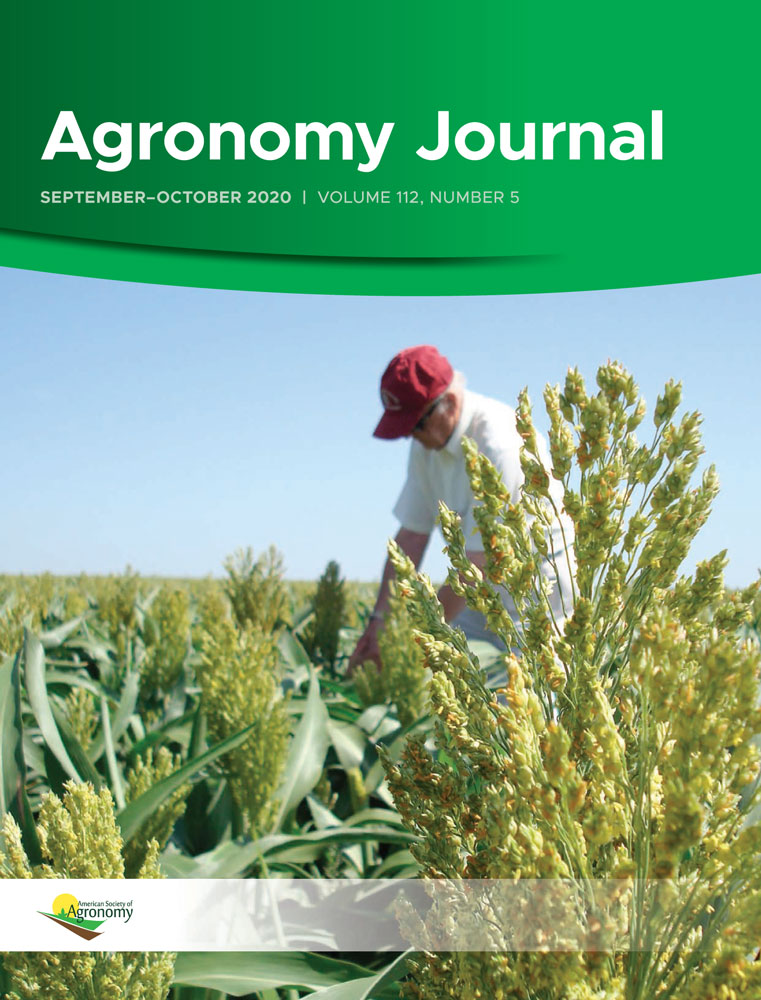In sugarcane (Saccharum spp) breeding, despite the potential use of reciprocal recurrent selection (RRS) to explore both nonadditive and additive effects for economic value traits, to date, no publications have targeted obtaining heterotic groups to support this selection strategy. The aim of this study was to (a) to identify sugarcane gene pools to effectively explore nonadditive and additive genetic effects via reciprocal recurrent selection, (b) estimate genetic parameters, and (c) select parents and cross combinations. Seventy-nine sugarcane families were obtained from crossing 38 parents in a crossing scheme known as disconnected factorial design. The families were evaluated in randomized complete block design with five replicates. The statistical genetic analysis was performed with linear mixed models through restricted maximum likelihood/best linear unbiased predictor. The results revealed that nonadditive effects were predominant in explaining genetic variation for cane yield (t ha(-1)), pol yield (t ha(-1)), and fiber yield (t ha(-1)). For brix, fiber and corrected Pol (PCC) traits, additive effects were predominant. Estimates of specific combining ability and pedigree information allowed the establishment of gene pools for systematic heterosis exploitation through RRS breeding efforts. The prediction of the additive genetic values of parents for selection based on the progeny’s behavior obtained via disconnected factorial design is an alternative that should be used in sugarcane breeding programs.
Establishment of gene pools for systematic heterosis exploitation in sugarcane breeding
Citation: Mendes de Paula, T. O., Brasileiro, B. P., Cursi, D. E., Freitas, E. G., dos Santos, J. M., Resende, M. D. V., Kimbeng, C., & Pereira Barbosa, M. H. (2020). Establishment of gene pools for systematic heterosis exploitation in sugarcane breeding. Agronomy Journal. ISSN: 1435-0645. 112(5), 3847–3858.
2021-03-15
BREEDING, CROP AND SYSTEMS SCIENCES CSS, GENETIC RESOURCES, GENETICS, GENOMICS AND CROP IMPROVEMENT SCIENCES GGCI
journal_article

